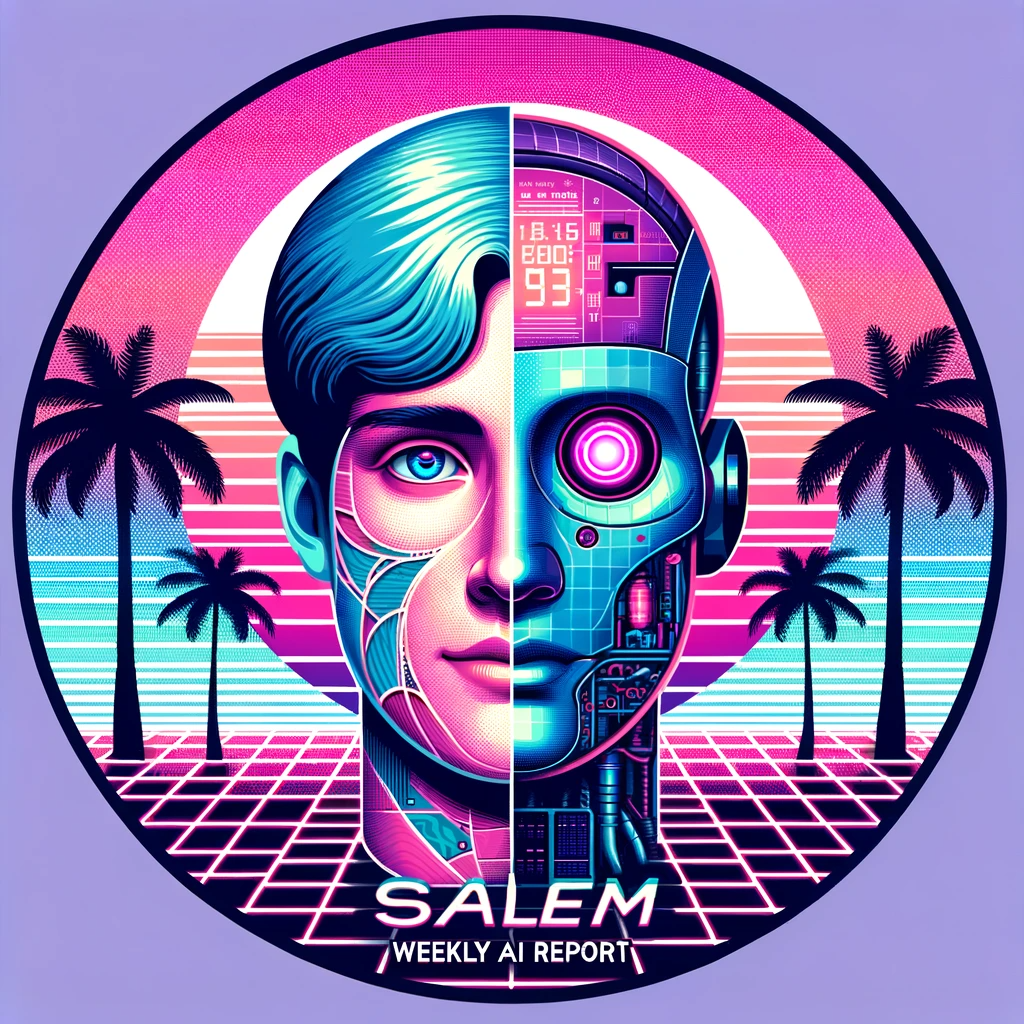
Introducing Sargantana: Spain's Open-Source AI Chip Revolutionizing European Tech Independence
In this groundbreaking tech revolution, Spain has emerged with its own open-source AI chip dubbed Sargantana. Developed by Barcelona Supercomputing Center (BSC) and based on RISC-V open hardware technology, the innovative Lagarto family processors aim to boost Europe’s technological sovereignty, minimizing dependency on large multinationals. Sargantana represents Spain’s third generation of chips, surpassing previous performance levels and promising a future where local expertise thrives in high-performance computing and AI. As part of a collaborative open-source architecture approach, the European Union strongly supports BSC’s pioneering role in fostering this technological advancement.
The Rise of Sargantana: Spain’s Open-Source AI Revolution
In recent years, we have witnessed a significant shift towards open-source technologies and collaborative innovation across various industries. Now, Spain is taking center stage by introducing Sargantana, its third-generation open-source chip project based on RISC-V open hardware technology. This groundbreaking initiative is spearheaded by the Barcelona Supercomputing Center (BSC), which has been focusing on semiconductor design innovation for quite some time.
Pioneering an Open-Source Future for High-Performance Computing and AI
- The primary goal of Sargantana is to create a local, open alternative for high-performance computing (HPC) and artificial intelligence (AI), allowing Spain and Europe as a whole to break free from excessive reliance on global technology giants.
- By adopting an open-source architecture, Sargantana aims to lower the barriers to entry for innovation and foster collaboration amongst researchers, universities, and other institutions. This approach can significantly accelerate technological advancements across various domains, including AI, HPC, and even beyond.
- The European Union has recognized the potential of this project in fostering a self-sufficient European technology landscape. By supporting BSC’s pioneering role in chip design, the EU aims to reduce its dependence on external tech providers, thereby promoting European technological sovereignty.
- One crucial aspect that differentiates Sargantana from other projects is its development process. It involves active participation from several Spanish universities and research centers, ensuring a diverse range of expertise contributes to its advancement. This collaborative approach will likely lead to the creation of more innovative solutions in the future.
- The introduction of Sargantana also paves the way for RISC-V free hardware to become mainstream, similar to how Linux revolutionized software development. As a result, we can expect an influx of new ideas and groundbreaking innovations in the realm of AI and HPC technology.
In conclusion, the development of Sargantana represents a significant step towards European technological independence and self-sufficiency. By embracing open-source principles and collaboration, Spain is carving out a unique path in the competitive world of AI and high-performance computing. The success of this project may very well serve as an inspiration for other nations looking to break free from tech monopolies and foster local innovation ecosystems.

